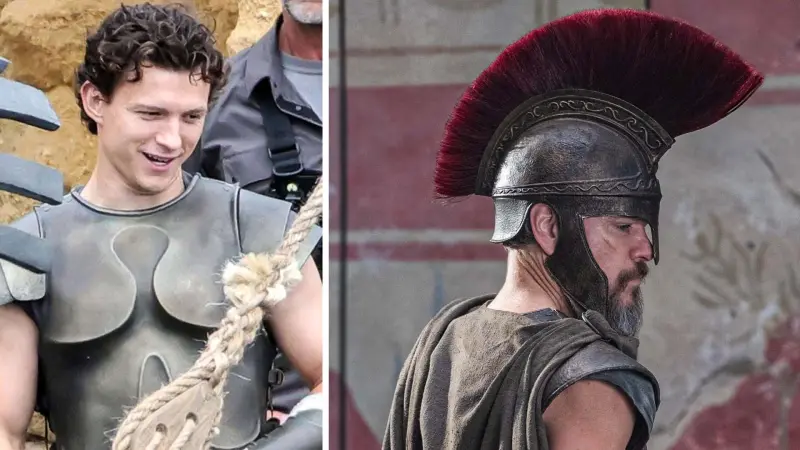Ancient Beginnings and Religious Significance
The Olympic Games trace their origins to ancient Greece, with the first recorded games held in Olympia in 776 BC. These games were more than just athletic competitions; they were deeply tied to religious traditions, dedicated to Zeus, the king of the Greek gods. Held every four years, the Olympics included elaborate rituals such as sacrifices and the lighting of the sacred flame, symbolizing devotion and honor to the gods.
Events and Structure of the Ancient Games
The ancient Olympics featured a range of competitions, including foot races, wrestling, chariot racing, and the pentathlon, which tested multiple athletic skills. Athletes trained rigorously and competed nude to display their physical prowess. Victors were awarded olive wreaths and earned great prestige, often receiving rewards and honors from their city-states.
Decline and Revival
The ancient Olympic Games continued for over a millennium until they were banned in 393 AD by Emperor Theodosius I, who saw them as a pagan practice conflicting with Christianity. The games remained dormant for centuries until their revival in 1896, inspired by the vision of Pierre de Coubertin, who sought to promote international unity and athletic excellence.
Evolution into the Modern Olympics
The modern Olympic Games have expanded far beyond their ancient roots, evolving into a global sporting event featuring thousands of athletes from around the world. While maintaining traditions such as the Olympic flame, the event now includes a diverse range of sports, gender inclusivity, and international cooperation. The Olympics continue to symbolize the spirit of competition, peace, and global unity, carrying forward the legacy of ancient Greece into the modern era.







